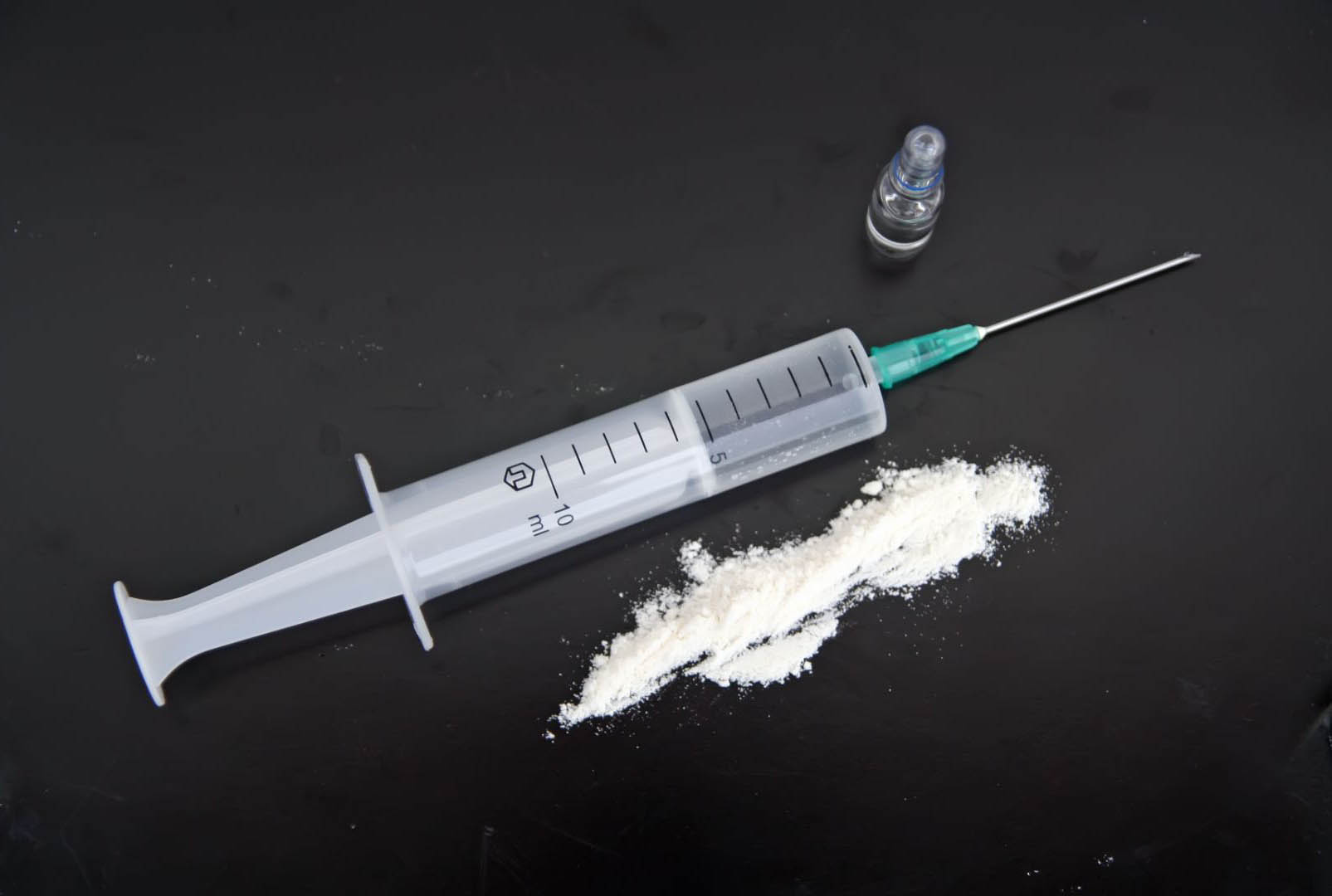
Psychiatrist Appointment: Alcohol, Drug Addiction, Gambling
Clinical Symptom Description
Alcoholism, drug addiction, and gambling addiction are chronic disorders characterized by compulsive behavior, dependence, and disruption of social and personal life. They belong to the category of addictive disorders and have a negative impact on both physical and mental health.
Alcohol Dependence
Alcoholism develops gradually and is manifested through the following symptoms:
- Physical and psychological dependence: The need for regular alcohol consumption to achieve relaxation or euphoria.
- Tolerance to alcohol: The need to consume larger doses to achieve the same effect.
- Withdrawal symptoms: When stopping alcohol, symptoms such as tremors, nausea, sweating, anxiety, and seizures occur.
- Loss of control: Inability to limit alcohol consumption.
- Social consequences: Problems in family life, at work, and in maintaining social connections.
Drug Addiction
Drug addiction is characterized by compulsive use of consciousness-altering substances and includes:
- Euphoria and dependency: Rapid development of dependence on drugs, requiring an increase in dosage.
- Physical symptoms: Body exhaustion, dysfunction of internal organs, and the risk of infections (hepatitis, HIV).
- Withdrawal (cravings): Severe physical pain, vomiting, sweating, insomnia, and seizures when drugs are stopped.
- Mental disorders: Depression, anxiety, paranoia, and hallucinations.
Gambling Addiction
Gambling addiction, or ludomania, is a pathological urge to gamble. Its symptoms include:
- Compulsive behavior: Inability to control the urge to gamble despite negative consequences.
- Emotional fluctuations: Euphoria when winning and severe anxiety or depression when losing.
- Financial problems: Accumulating debts, loans, and selling possessions to continue gambling.
- Social isolation: Deterioration of relationships with family, friends, and colleagues.
- Mental symptoms: Irritability, insomnia, guilt, and shame.
Prevalence of Addiction
The prevalence of addictions remains high worldwide and represents one of the key challenges of modern society.
Alcoholism
- According to the World Health Organization (WHO), over 3 million deaths annually are linked to excessive alcohol consumption.
- Around 5% of the global population suffers from alcohol dependence.
- Alcoholism is most common among men aged 25 to 50 years.
Drug Addiction
- According to the United Nations, approximately 35 million people worldwide suffer from drug addiction.
- Young people aged 15–35 are most vulnerable.
- The most commonly abused substances include opioids, amphetamines, and cannabinoids.
Gambling Addiction
- Gambling addiction affects about 1–3% of the adult population.
- In recent years, the prevalence of gambling has significantly increased due to the accessibility of online casinos and other forms of internet gambling.
- Men aged 18–30 are the most vulnerable group.
Risks and Predisposition to Addiction
The development of addictions is influenced by the interaction of biological, psychological, and social factors.
Biological Factors
- Genetic predisposition: The risk of developing addiction is 40–60% higher in children of alcoholics or drug addicts.
- Brain changes: Dysfunctions in the dopamine and serotonin systems, which regulate pleasure and impulse control.
- Neurotransmitter deficiency: Stress and anxiety disorders can exacerbate these deficiencies.
Psychological Factors
- Personality traits: Low self-esteem, impulsivity, and perfectionism.
- Mental disorders: Depression, anxiety, and post-traumatic stress disorder (PTSD).
- Inability to cope with stress: Emotional vulnerability and inadequate coping mechanisms.
Social Factors
- Social environment: Poor living conditions, poverty, and criminalized communities.
- Family influence: Substance abuse within the family or neglect of a child’s needs.
- Cultural tolerance: Acceptance of alcohol use or gambling in society.
Treatment Methods
Effective addiction treatment requires a comprehensive approach that includes pharmacological therapy, psychotherapy, and social rehabilitation.
Pharmacological Treatment
- Alcohol Dependence:
- Medications to reduce alcohol cravings: Naltrexone, Acamprosate.
- Medications inducing adverse reactions to alcohol: Disulfiram.
- Withdrawal symptom management: Benzodiazepines (Diazepam, Lorazepam).
- Drug Addiction:
- Opioid antagonists (Naloxone, Naltrexone) to block drug effects.
- Methadone substitution therapy for heroin addiction.
- Symptomatic treatment for withdrawal: Clonidine, antidepressants.
- Gambling Addiction:
- Antidepressants and mood stabilizers to address impulsive behavior and accompanying depression.
Psychotherapy
- Cognitive-Behavioral Therapy (CBT):
- Helps patients identify and change destructive patterns of thinking and behavior.
- Motivational Interviewing:
- Encourages internal motivation for treatment and abstinence from addictive behaviors.
- Group Therapy and 12-Step Programs:
- Support groups (e.g., Alcoholics Anonymous) provide a supportive environment for patients.
- Family Therapy:
- Essential for restoring trust and communication within the family.
- Rehabilitation and Resocialization:
- Programs for social adaptation, occupational therapy, and stress management training.
The Role of the Psychiatrist in Addiction Diagnosis and Treatment
The psychiatrist plays a central role in the treatment of alcohol, drug, and gambling addiction. Their responsibilities include:
- Diagnosing the disorder:
- Assessing addiction symptoms using clinical questionnaires and diagnostic criteria (DSM-5, ICD-11).
- Developing a treatment plan:
- Selecting medication and psychotherapeutic methods based on the severity of the addiction.
- Monitoring treatment progress:
- Regularly evaluating the patient’s condition, adjusting treatment, and preventing relapses.
- Supporting family members:
- Training relatives in appropriate strategies for supporting the patient.
- Preventing relapse:
- Advising on lifestyle changes and controlling triggers for addictive behavior.
Conclusion
Addiction to alcohol, drugs, and gambling is a serious social and medical issue requiring a comprehensive treatment approach. Symptoms of addiction include physical and psychological dependence, relationship breakdowns, and health deterioration.
Effective therapy combines pharmacological treatment, psychotherapy, and social rehabilitation. The psychiatrist plays a crucial role in diagnosing and treating addictions by developing individualized care plans and supporting both patients and their families.
By integrating medical, psychological, and social support, individuals can overcome addictions and return to a healthy and fulfilling life.
Psychiatrist Appointment: If you need to consult a psychiatrist or seek psychiatric assistance for issues related to alcohol, drug addiction, or gambling, choose a specialist and book a time. During the consultation, our psychiatrist will help you understand the problem and find suitable solutions.



